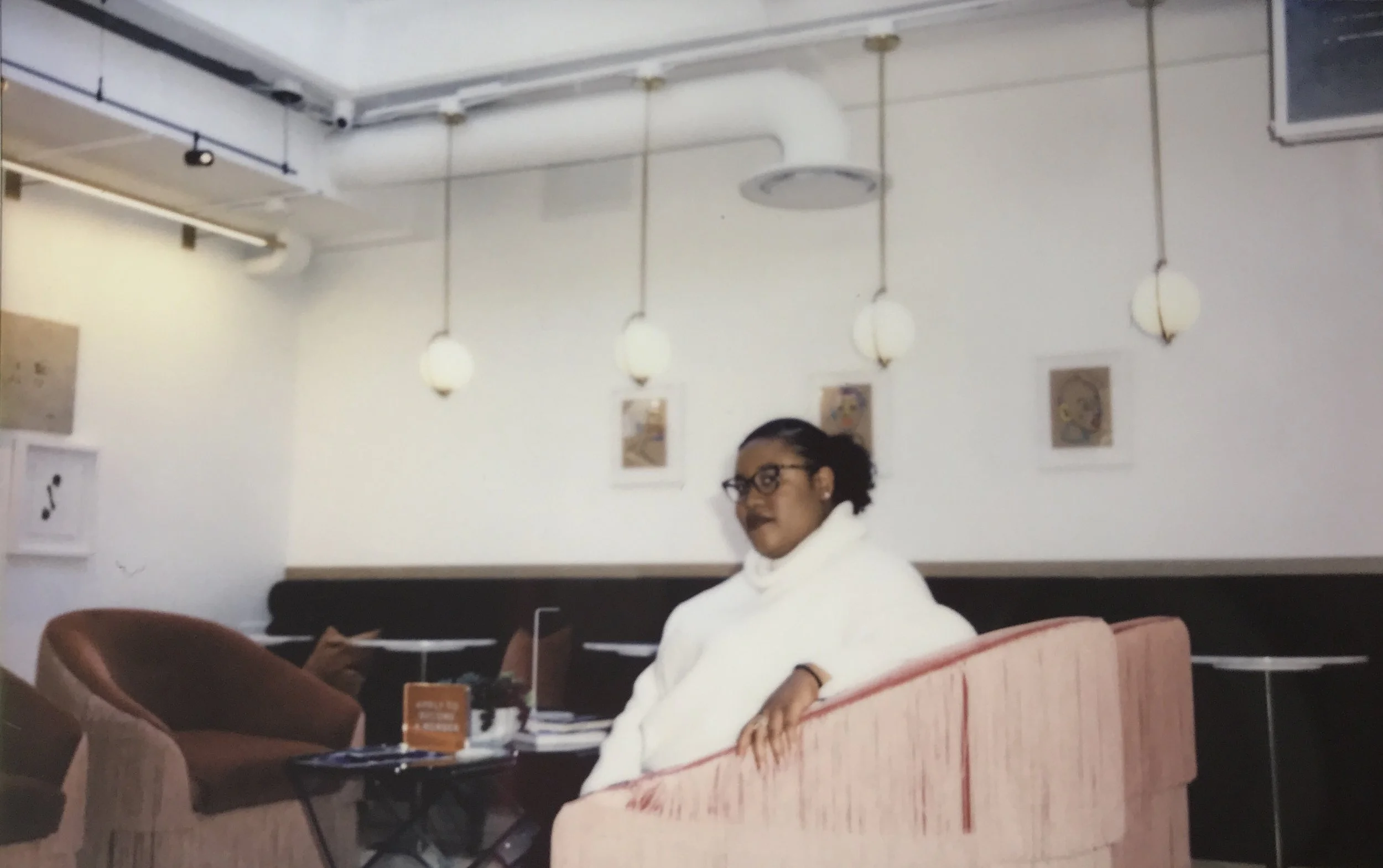BIPOC, an acronym standing for Black, indigenous and people of color, has come to serve as a short form for referring to all non-white, oppressed groups of people when used in both professional and familiar settings. Often pronounced “bi-pock” (much to the chagrin of those who fit within the aforementioned racial categories), the acronym has become a commonly utilized phrase for referring to marginalized people in settings where calling them out by name is either too awkward or too specific.
Black people being referred to as “colored” has been generally acknowledged to be an antiquated, unacceptable usage of the term. Most of which being due to its negative connotations in the Jim Crow era where “colored only” bathrooms and water fountains were marks of a segregated nation. Though I would never say that a regressive turn toward the racial epithets and slurs used to refer to Backness in the past would do us any better, I can’t help but wonder just how far being referred to as a “WOC” or a “BIPOC” author is from disregarding my identity in the same ways that words we’ve deemed outdated once did. Especially now, within these “unprecedented times” where companies are being called to take a stance and stand against racism in the workplace, it feels disingenuous to see the discomfort in the faces of those we see as leaders as they struggle to make the word “Black” fit in their mouths. There is palpable discomfort that lingers in a room when someone is called to read a press release that describes an author as “Black” and stutter before the word as it is freed from the mouth of an executive as she struggled to find a word to adequate describe why a Black author’s perspective is so important in the age of #BlackLivesMatter. If the word itself scares you, how must you feel about the people? If you fear being seen as offensive for referring to someone as Black, what do you think it means to be Black? To have a significant identifier that often colors the way we walk throughout the world, be seen as offensive?
Earlier this year We Need Diverse Books (WNDB), an organization that advocates for diversity within the publishing industry, wrote an open letter to supporters outlining their decision to stop utilizing the phrase “OwnVoices” when describing books written by authors from marginalized backgrounds. Opting instead to use specific descriptions that authors use to identify themselves and their characters whenever possible. In electing to use specific identifiers that reflect both the subject matter of the texts and the authors behind them, such as “Indigenous author” or “Black protagonist”, WNDB is choosing to honor the truth behind diverse books with rich stories. They are choosing to honor and acknowledge the individual and intersecting identities of authors and the characters they create. They are choosing to allow readers to feel seen.
When we speak about issues that are specifically impacting the Black community and decide to frame them as BIPOC or POC issues, we diminish the truth. Anti-Blackness exists across cultures. Anti-Blackness exists prominently in other communities that are categorized alongside us in the aforementioned acronyms. By choosing to lump us all together when addressing subjects that disproportionately affect Black people and solutions that Black people have suggested for our own communities, we are watering down the information and rendering it ineffective. There are individualized issues facing the individual cultures that reside under our catchy acronyms. Looping us all together allows for us to ignore individualized calls to action from community leaders and groups of the oppressed. There is nothing shameful about being Black. We try our best to navigate around Blackness with sweetened, sanitized terms like “BIPOC” and “WOC” which do not serve us in the fight toward equity. It only pushes us further from reckoning with deeply rooted biases we hold regarding race and what we see as lesser than.
